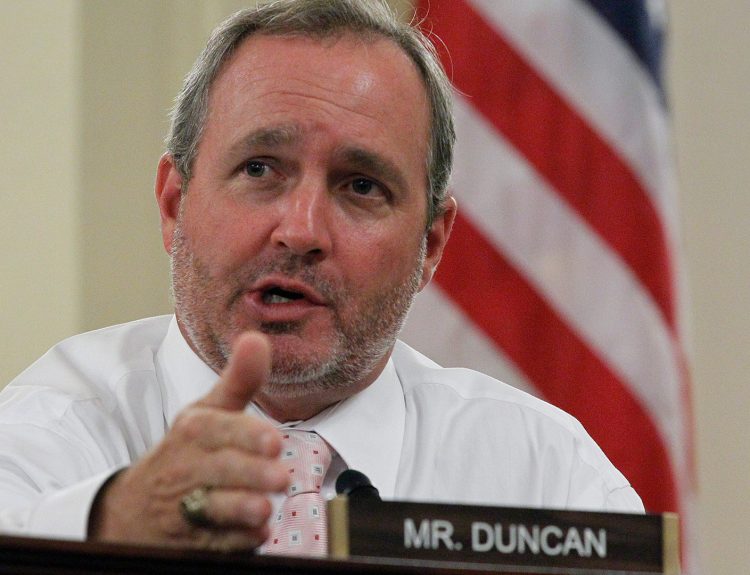Nearly half a million Tennesseans stand to lose their ability to vote in the upcoming presidential election due to controversial new restrictions on voting rights restoration.
Harsher Requirements
Tennessee has passed tighter regulations around voting rights for those convicted of felonies. Now, regaining the franchise will be significantly more difficult for around 471,000 residents.
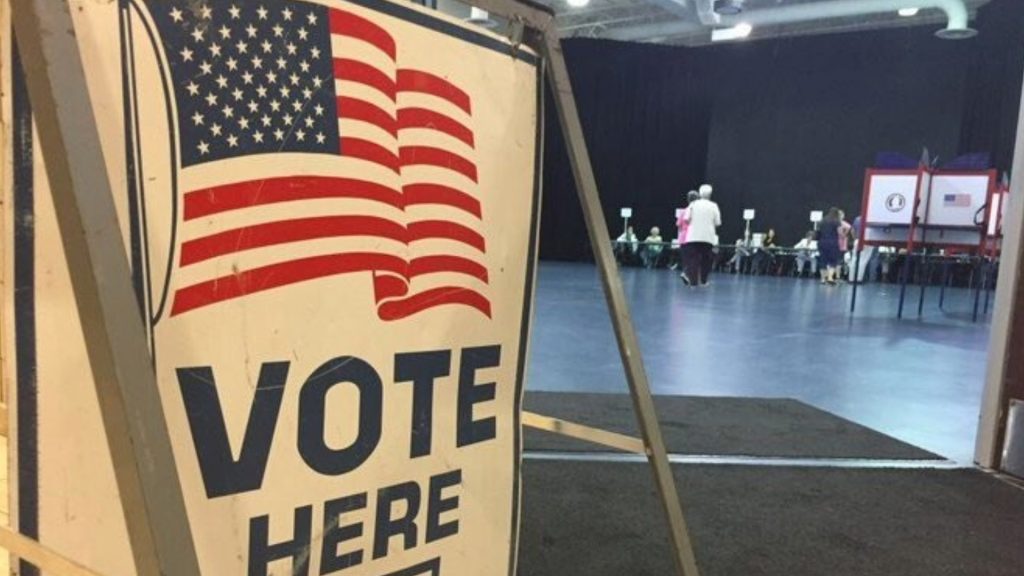
Under the new protocol, felons must either receive a full pardon from the governor or have all their citizenship rights, including firearm ownership, reinstated by a judge before they can apply to restore voting privileges.
Disproportionate Impact
The Sentencing Project estimates that around 9% of Tennessee’s voting-age population is disenfranchised due to felony convictions. This change is predicted to disproportionately affect Black and Latinx communities.
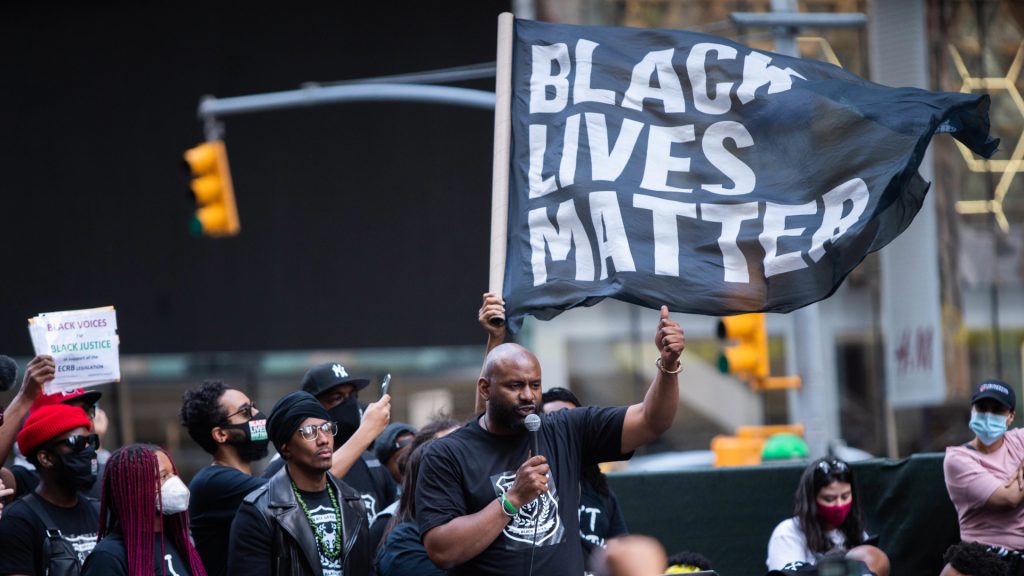
Approximately 21% of eligible Black voters and 8% of eligible Latinx voters in Tennessee cannot vote presently due to system involvement, almost 4 times the national average for African Americans.
Tying Voting Rights to Firearms
Unlike most states, Tennessee’s constitution uniquely connects the right to own guns to citizenship status. However, felons are prohibited from purchasing, possessing, or carrying firearms in Tennessee, even after serving their sentences and release from incarceration. This firearm restriction applies to all felons regardless of the nature of their conviction.

By requiring felons to have full citizenship rights restored before qualifying for voting rights reinstatement, including the constitutionally protected right to bear arms, Tennessee has established a very high and onerous bar for re-enfranchisement after a felony conviction. Most advocates for voter restoration argue this effectively links the ability to cast a ballot to the ability to own a gun – two rights that need not depend on one another. As a result, only a small fraction of potentially eligible voters with past felony convictions successfully navigate the complex restoration process. Opponents say tying voting rights to gun rights sets an unreasonably high and unrelated standard.
A Strict Reinterpretation
In 2023, the Tennessee Supreme Court issued a ruling that was interpreted by state election officials as necessitating that felons receive either a pardon or total reinstatement of citizenship rights from a judge to vote again.

Previously, felons only had to clear debts and obtain a ‘certificate of restoration’ from the government to confirm voting eligibility. Now, the process involves additional steps.
Unprecedented Policy
The Campaign Legal Center, a nonpartisan watchdog group, believes Tennessee’s new voting rights restrictions for felons are the first such sweeping change of their kind implemented in the nation. Voting rights advocates spanning the political spectrum have widely criticized this restrictive new interpretation of the law.

Blair Bowie, the leader of the Restore Your Vote campaign at the Campaign Legal Center, expressed her profound concerns to The Associated Press regarding Tennessee’s harsh new voting policies. “Despite the clear legislative intent to create meaningful pathways enabling voting rights restoration, the Elections Division, with an apparent blessing from the Attorney General’s office, continues to twist the law into tortured, exclusionary knots to prevent nearly half a million Tennesseans with past felony convictions from voting,” Bowie emphasized.
A Near Standstill
Due directly to this seismic policy change instituted by Tennessee’s election officials, the state has almost completely halted approvals for reinstating voting rights for past felons. While approximately 200 applications had previously been granted under standard procedures and 120 denied, only 1 single application statewide has been approved under the new draconian rules, with a shocking 60 denied.

Mark Goins, Tennessee’s Coordinator of Elections, recently reaffirmed the state’s stringent new posture that conditional, partial reinstatement of citizenship will no longer suffice. Instead, full restoration of citizenship rights must occur first for any reformed felon seeking to exercise their essential right to participate in elections, including the explicit right to legally purchase, own, and carry firearms.
The Legislature’s Stated Intent
Goins rightly indicated that when an individual commits a felony crime in Tennessee, they forfeit the legal ability to vote in future state elections as a consequence of their unlawful actions. However, the state legislature deliberately created certain pathways specifically designed to enable some reformed former felons meeting well-defined criteria to eventually petition to regain their crucial voting privileges.
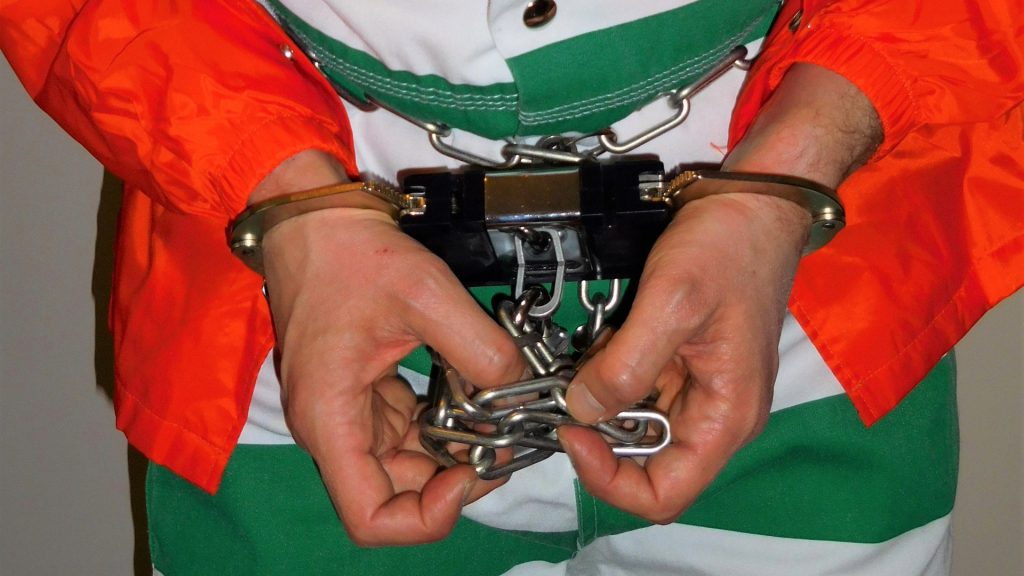
But according to Goins’ severe interpretation, these narrow, bounds-laden pathways now firstly require either an unconditional pardon directly from the governor or an official court order comprehensively restoring full citizenship rights under state law, explicitly including the right to legally possess firearms.
A Constitutional Connection?
Goins staunchly emphasized that in his reading, under Tennessee’s current constitution, the right to legally possess firearms intrinsically represents a vital aspect of citizenship. Therefore, he contended that no reformed felon could legitimately petition to reclaim their voting eligibility without first convincing the courts to reinstate the entirety of their citizenship rights.
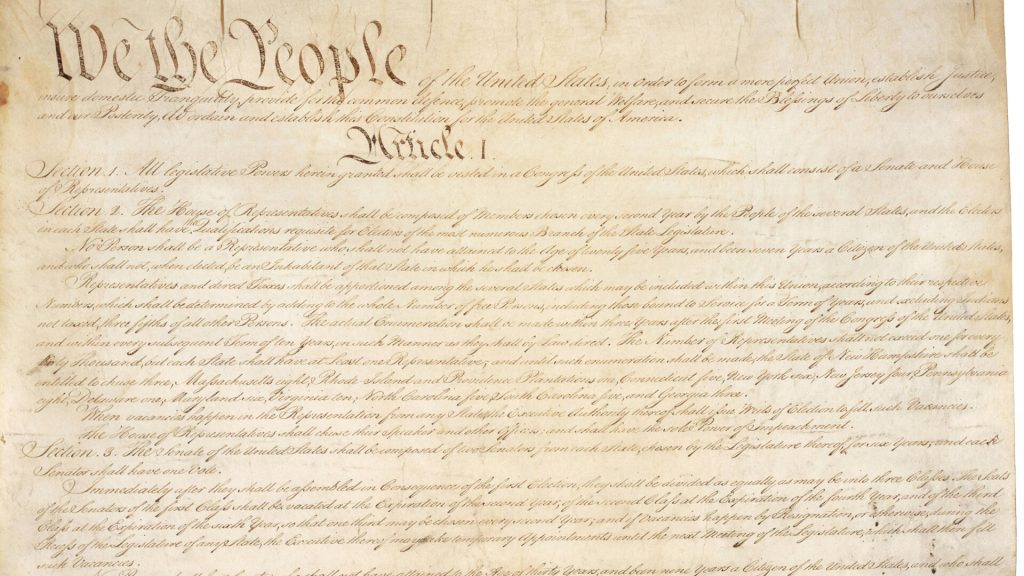
This aggressively prohibitive policy shift followed recent testimony in an individual lawsuit pursued by a single plaintiff seeking voting rights restoration. That case prompted Tennessee’s elections officials to swiftly move to implement sweeping new restrictions disenfranchising hundreds of thousands.
A Blow to Democracy
With around 9% of Tennessee’s eligible voting population potentially losing access to the ballot box, the state seems to be moving in an anti-democratic direction, say advocates.
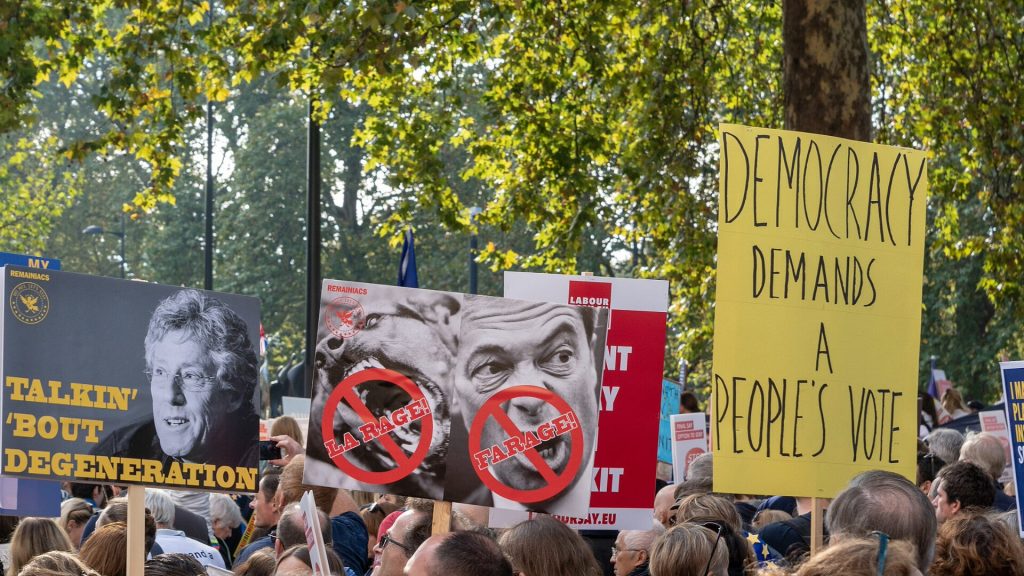
Felony disenfranchisement disproportionately impacts communities of color, especially Black Tennesseans. Revoking voting rights for 475,000 people raises concerns about racial equity and representation.
Urgent Need for Reform
Voting rights groups are actively examining all legal and legislative options to challenge Tennessee’s excessively harsh new restrictions disenfranchising nearly half a million predominantly low-income citizens and people of color. They aim to ensure all eligible citizens can freely participate in the upcoming pivotal presidential election.

With this unprecedented mass denial of core democratic rights to hundreds of thousands of Tennesseans, tremendous pressure is building for elected policymakers to reassess and reform this restrictive interpretation of the law with its glaring racial and class implications before the next election cycle.
A Crisis of Rights
For a state proudly steeped in espousing classic American freedoms and rights, Tennessee’s aggressive clampdown curtailing voting access for nearly 10% of its eligible electorate seems starkly incongruous with the nation’s core constitutional principles of inclusive democracy, say critics.
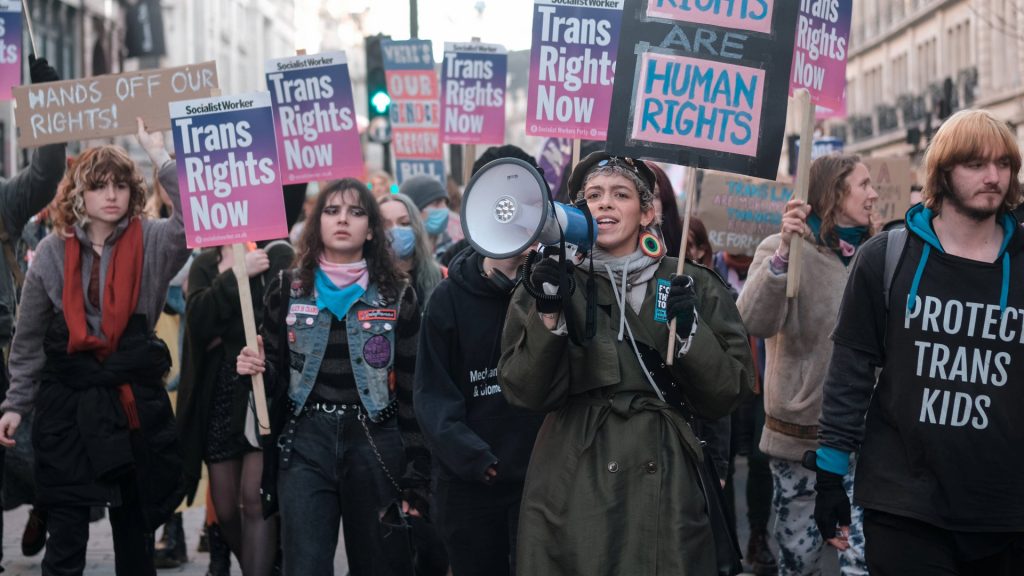
Some legal experts predict Tennessee’s increasingly stringent voting policies for reformed former felons could eventually draw intervention from higher federal courts or even the US Supreme Court itself if the Volunteer State continues unchecked in disenfranchising vast swaths of its citizens.
Seeking Second Chances
Advocates emphasize that individuals who commit non-violent crimes have already served their allotted debt to society by completing their statewide standardized sentences involving incarceration, parole, probation, and paying court fees. Permanently revoking core citizenship rights for those seeking redemption arguably constitutes an unacceptable, illogical lifelong punishment that serves no rehabilitative purpose while disproportionately depriving reformed citizens of their essential voice in democracy. The concept of restorative justice focuses on rehabilitation by enabling those with criminal records to contribute positively to their communities after accountability is served. But blanket felony disenfranchisement, especially when severely restricted through convoluted bureaucratic barriers, violates principles of fostering second chances.

Grassroots groups across Tennessee are mobilizing, educating citizens on voting eligibility, assisting with rights restoration applications, and urging leaders to reconsider overly harsh restrictions that disenfranchise hundreds of thousands. These groups are working tirelessly to empower voters and pave the way for greater civic participation. To spark change, ordinary voters can write letters to newspaper editors, circulate petitions, contact representatives directly, utilize social media platforms, and otherwise apply pressure on elected officials to revisit voting policies that have severely exclusionary implications for many Tennesseans. Civic action and public activism will be key to reforming laws that restrict ballot access.
The Time to Act is Now
With the next presidential election cycle fast approaching in 2024, the need for policy reform enabling broad voter participation is increasingly urgent, advocates argue. Voter rights groups contend that the window for meaningful reform in Tennessee is rapidly closing.
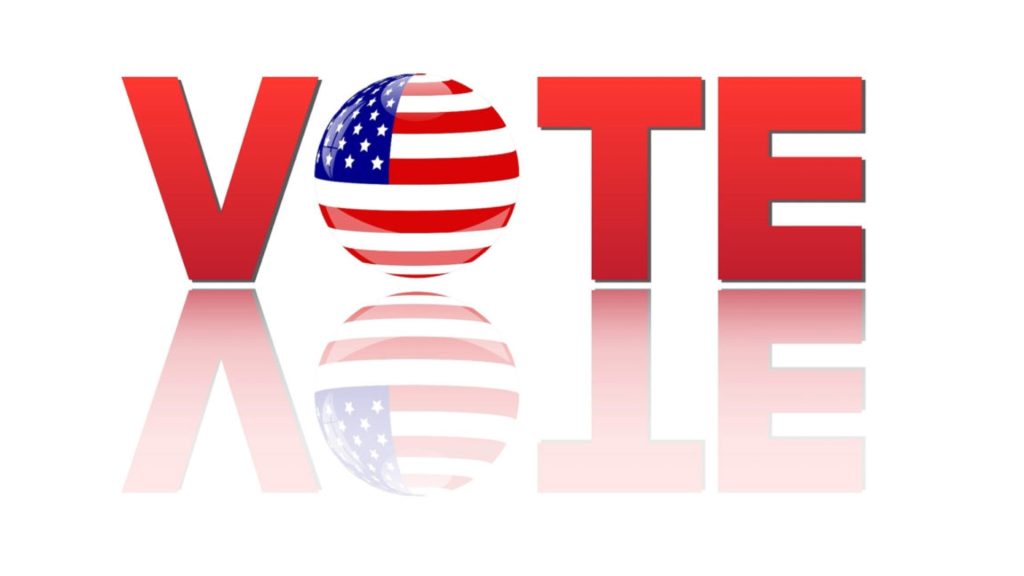
If restrictive new voting laws remain intact through the upcoming 2022 primaries and the 2024 general election, potentially altered electoral outcomes could underline the real-world impact of disenfranchising 475,000 Tennesseans. Voting rights supporters warn that the nation will be watching to see whether extremely limiting policies determine competitive races in the state.
An Uncertain Future
The coming months will determine whether mounting public pressure prompts Tennessee legislators to reassess strict voting policies stripping ballots from nearly half a million predominantly low-income citizens and people of color. Voter advocates are uncertain whether their awareness campaigns will produce policy changes before the next major election.
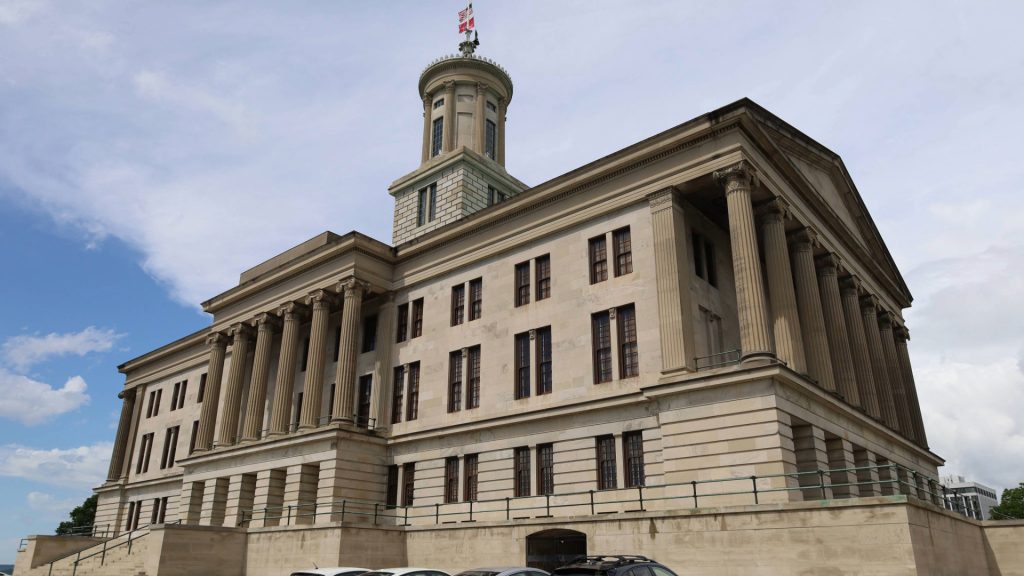
Absent meaningful reform, the Volunteer State seems headed down an anti-democratic path at sharp odds with America’s inclusive ideals of “government of the people, by the people, for the people.” Only time will tell whether public activism will compel Tennessee leaders to reopen access to the ballot box.





